Learn how to change behavior.
The world's largest collection of resources and data on behavioral science.
Behavior change and behavior design models
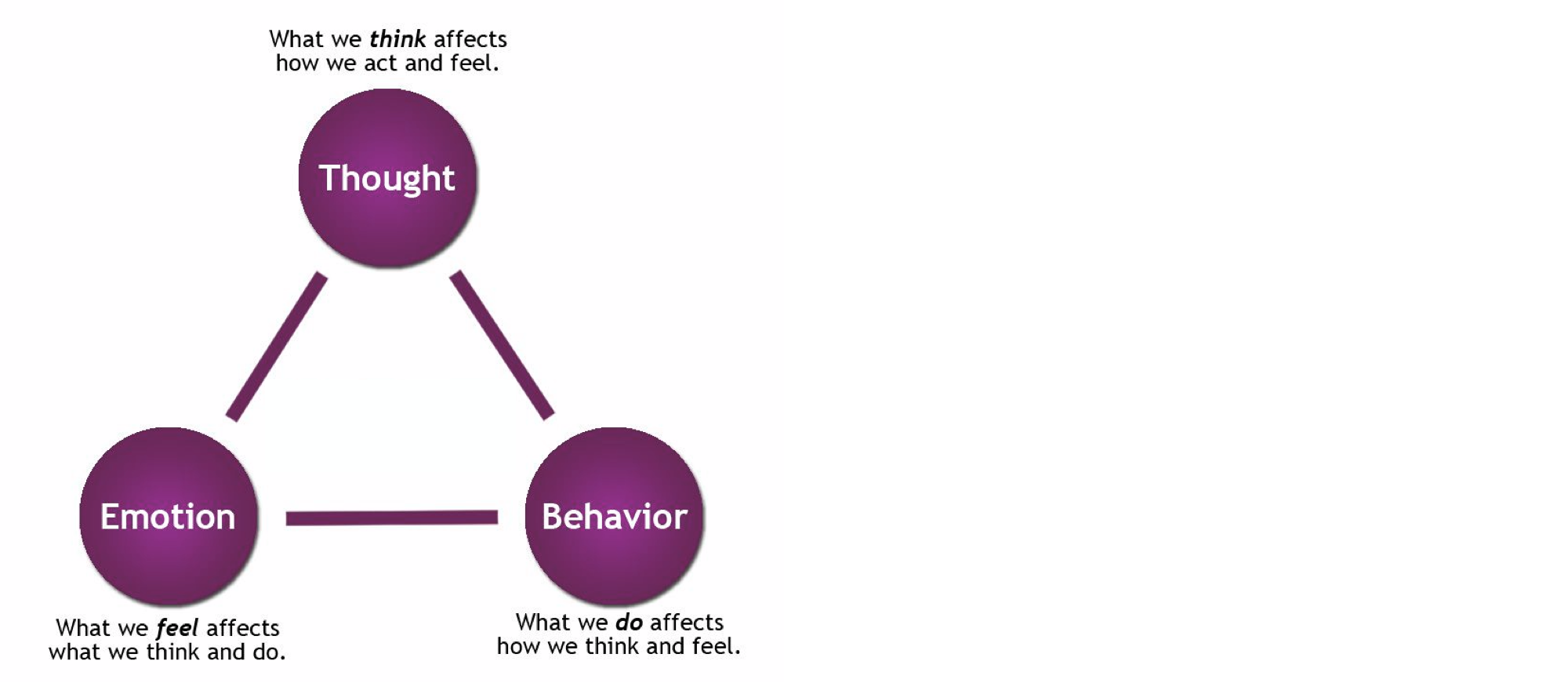
MODELS
Cognitive-Behavioral Therapy
TYPE
Therapeutic approach
PEOPLE
Aaron Beck
PRODUCTS USING
NASH, Sleepio, Learn to Live, Ieso Digital Health, myStrength, MoodHacker, Sanvello, UpLift, TAO Connect, Stoic, wayForward, Daylight, Braive, Youper, MoodMission, MoodKit, MindBeacon, Workit Health, Woebot
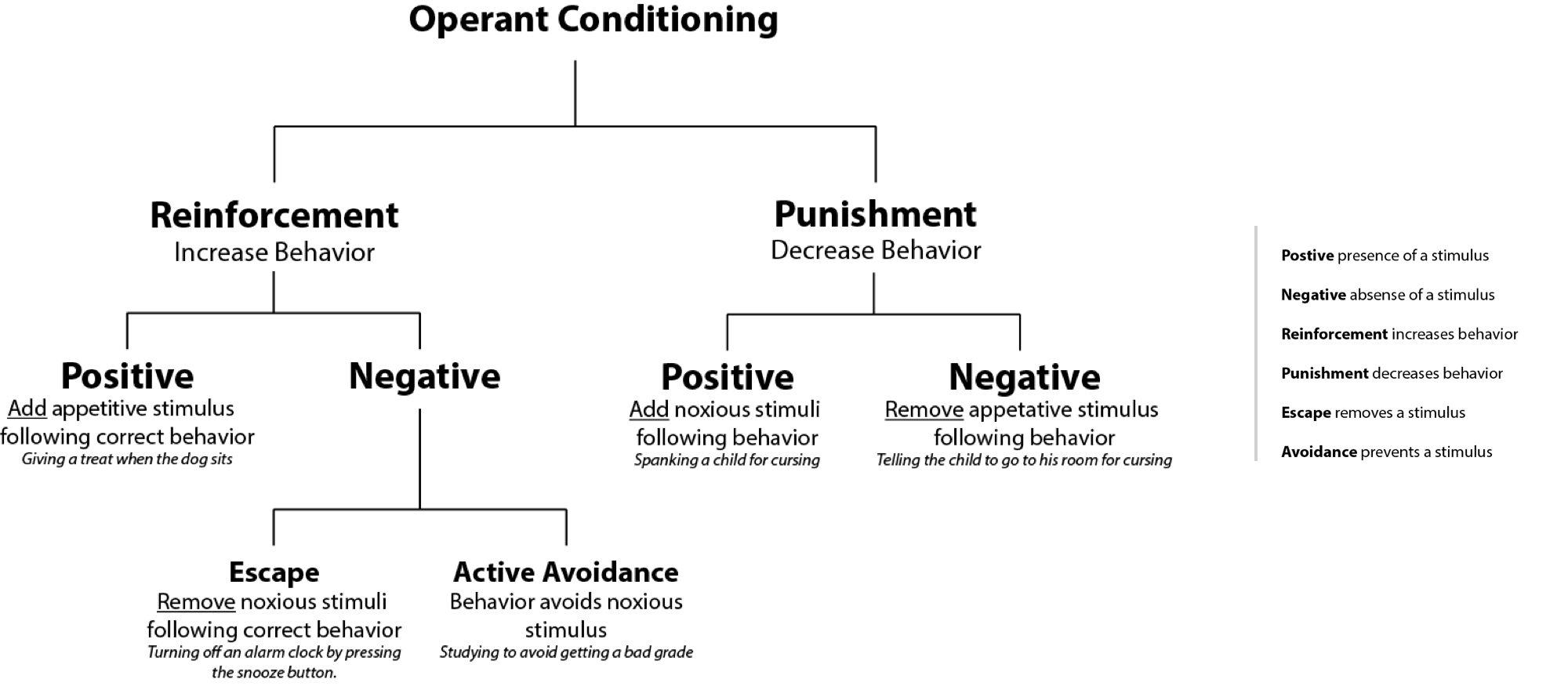
MODELS
Operant Conditioning
TYPE
Behavior model
PEOPLE
BF Skinner, Edward Thorndike

MODELS
COM-B | Capability, Oppportunity, Motivation → Behavior
TYPE
Behavior model
PEOPLE
Susan Michie, Robert West, Maartje van Stralen
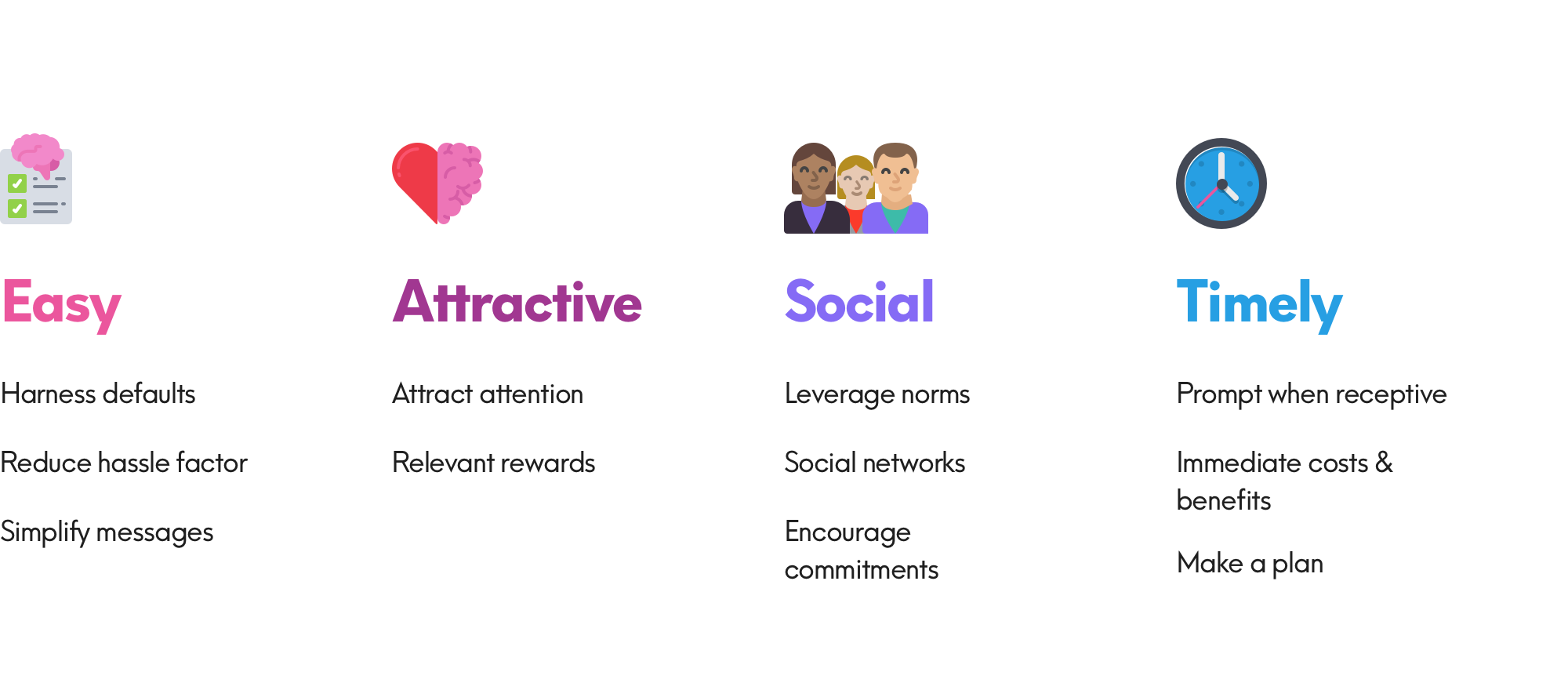
MODELS
EAST | Easy Attractive Social Timely
TYPE
Behavior design process / heuristics
PEOPLE
Owain Service, Michael Hallsworth, David Halpern
ORGANIZATION
UK Behavioural Insights Team (BIT)
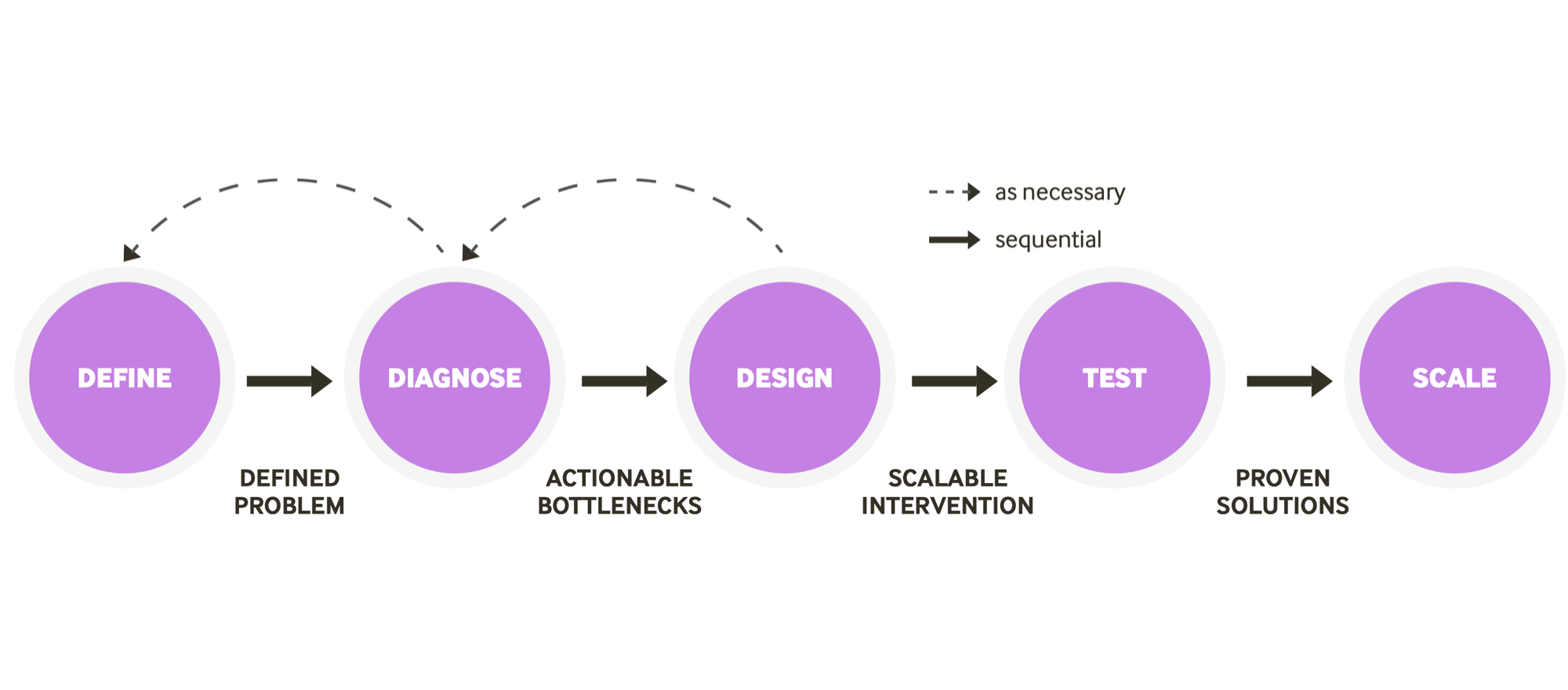
MODELS
Behavioral Design Process
TYPE
Behavior design process / heuristics
PEOPLE
Anthony Barrows, Natalie Dabney, Jon Hayes, Rachel Rosenberg
ORGANIZATION
ideas42
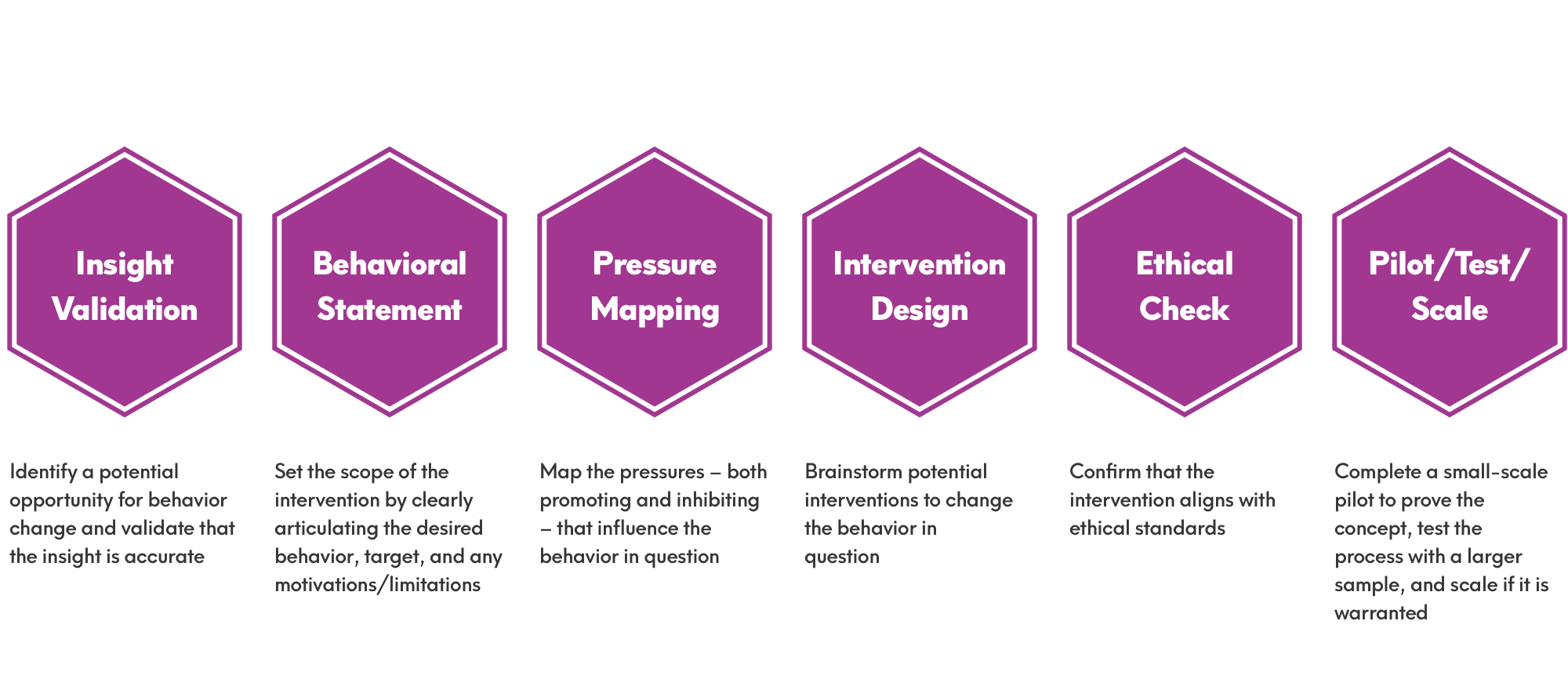
MODELS
Intervention Design Process
TYPE
Behavior design process / heuristics
PEOPLE
Matt Wallaert
Tactics that change behavior

TACTICS
Automation
Automation refers to having another person, group, or technology system perform part or all of the intended behavior. A prominent example is Thaler & Bernartzi's Save More Tomorrow intervention, which invested a portion of employees' earnings into retirement funds automatically and even increased the contribution level to scale with pay raises. Other examples include automatically scheduling medical appointments so the patient needn't do it themselves and mailing healthy recipe ingredients to the person's home to reduce the burden of shopping.

TACTICS
Clawback Incentives
Clawback incentives refer to a framing effect applied to rewards where participants are intended to experience losing the reward via noncompliance rather than accruing it for successful performance of the behavior.For example, a hypertension management program may credit its participants $200 at the beginning of the month, and reduce or "claw back" the amount by $3 each time the patient does not take their medication. The alternative would be starting the month at zero or the previous ballance and adding $3 each time the patient takes the medication.

TACTICS
Change Effort
Changing effort refers to modifying the difficulty, or sometimes perceived difficulty, of a behavior in order to change its likelihood of occurrence. This often entails making a behavior easier by reducing its intensity or frequency. This is a tactic advocated by BJ Fogg’s model of behavior change.

TACTICS
Behavior Substitution
Behavior substitution refers to attempting to eliminate a problematic behavior by replacing it with another one. Often, the substituted behaviors are intended to have similar sensory qualities (e.g. drink flavored sparkling water instead of soda). The goal is typically to disassociate the original behavior from its cue, enabling the more positive behavior to be triggered automatically.

TACTICS
Education or Information
Education refers to empowering a person with more knowledge or training than they had previously. While providing information alone is often a suboptimal way to drive meaningful behavior change or long-term interventions, the right message at the right time can be a powerful part of a behavior change strategy.

TACTICS
Active Choice
Active choice, sometimes referred to as enhanced active choice or forced choice, refers to removing default options and often increasing the salience of potential decisions through emphasizing the consequences of one or more of the options. Coined by Punam Anand Keller and colleagues in 2011, it was originally intended to address concerns around paternalistic nudging for use in situations where forcing the default option may be considered unethical. In one of the original studies, CVS customers were given the choice to enroll in automatic refills of medications via delivery. The choices they were presented were ""Enroll in refills at home"" vs “I Prefer to Order my Own Refills.”

TACTICS
Behavioral Activation (BA)
Behavioral activation is a therapeutic approach that typically pairs activity scheduling with either monitoring tools or goal-setting. For example, someone might aim to balance activities they "should" do but underperform, like self-care behaviors, with activities they enjoy. Users of this technique may also track which activities cause certain cognitions or affective states, like those associated with depression.

TACTICS
AI or Chatbot
Using a chatbot or simulated conversational interaction.
Products that change behavior
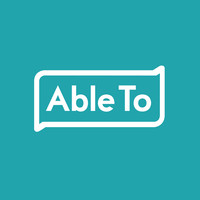
PRODUCTS
AbleTo
Behaviors
Mental Health & Self-Care
Tactics
Personalization, Skill Coaching, Coaching or Counselling

PRODUCTS
2Morrow Stress (and Anxiety) Program
Behaviors
Mental Health & Self-Care
Tactics
Acceptance and Commitment Therapy (ACT), Behavioral Activation (BA)
Models
Acceptance and Commitment Therapy
PRODUCTS
ALICE
Behaviors
Medication Adherence
PRODUCTS
2Morrow Smoking Cessation Program
Behaviors
Smoking Cessation
Tactics
Acceptance and Commitment Therapy (ACT), Behavioral Activation (BA)
Models
ACT
PRODUCTS
ActiveLifestyle

PRODUCTS
AdhereTech

PRODUCTS
APDS
Behaviors
Crime
Tactics
Social Support, Reminders, Cues +5 more

PRODUCTS
Aaptiv
Research on behavior change
PAPERS
A Digital Diabetes Prevention Program (Transform) for Adults With Prediabetes: Secondary Analysis
PRODUCT
Transform
BEHAVIOR
Physical Activity, Diet & Nutrition
PAPERS
The Effectiveness of Prompts to Promote Engagement With Digital Interventions: A Systematic Review.
BEHAVIOR
Other
PAPERS
A comparison of two delivery modalities of a mobile phone based assessment for serious mental illness: native smartphone application vs text-messaging only implementations.
BEHAVIOR
Mental Health & Self-Care
PAPERS
Enhancing the effectiveness of community stroke risk screening: a randomized controlled trial.
BEHAVIOR
Other
PAPERS
The PULSE (Prevention Using LifeStyle Education) trial protocol: a randomised controlled trial of a Type 2 Diabetes Prevention programme for men.
BEHAVIOR
Physical Activity, Diet & Nutrition
PAPERS
The program for rheumatic independent self-management: a pilot evaluation.
BEHAVIOR
Physical Activity
PAPERS
Pathway to health: cluster-randomized trial to increase fruit and vegetable consumption among smokers in public housing.
BEHAVIOR
Diet & Nutrition
TACTICS
Motivational Interviewing
PAPERS
The effects of a multimodal intervention trial to promote lifestyle factors associated with the prevention of cardiovascular disease in menopausal and postmenopausal Australian women.
BEHAVIOR
Physical Activity
PAPERS
Value-Based Insurance Design Improves Medication Adherence Without An Increase In Total Health Care Spending